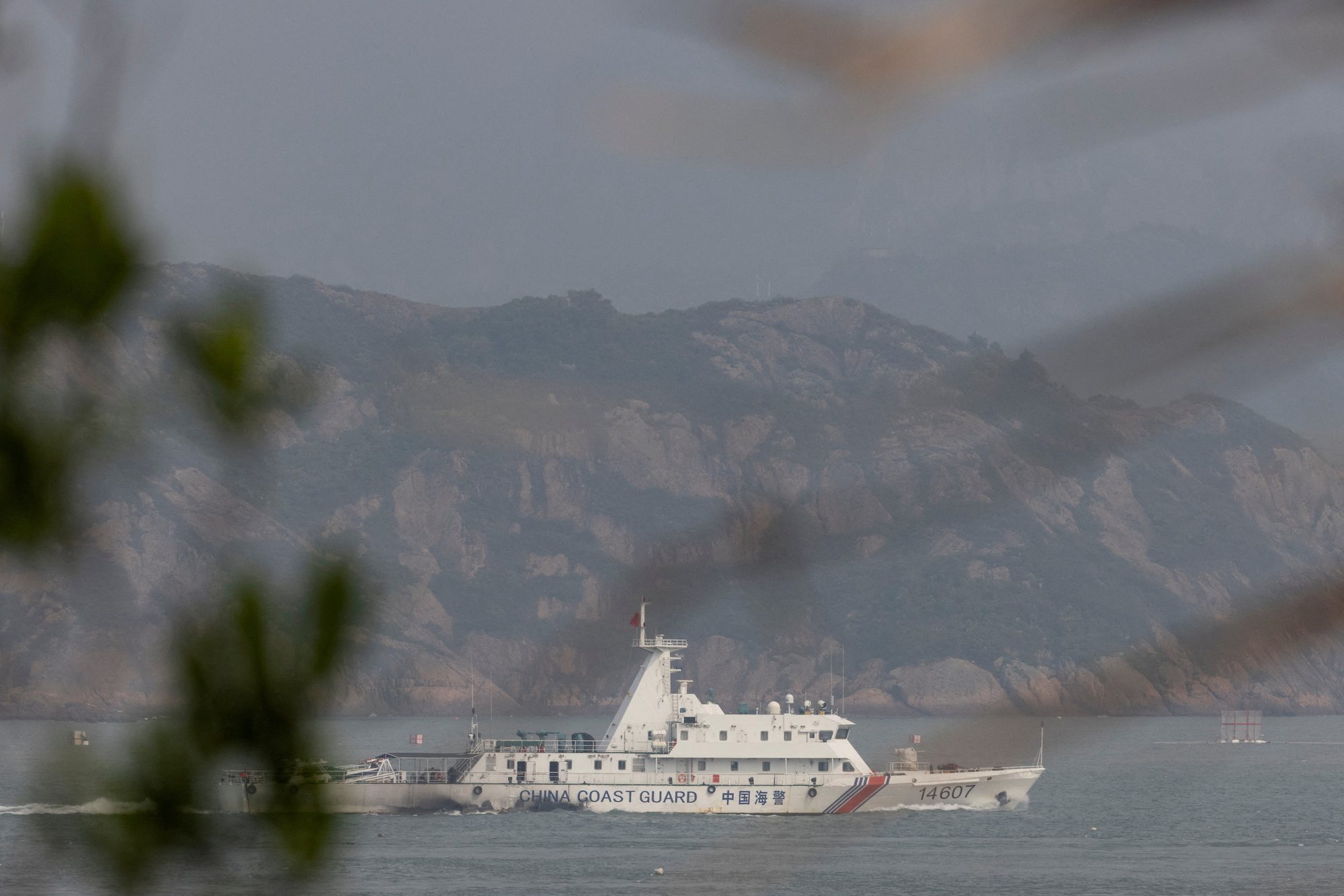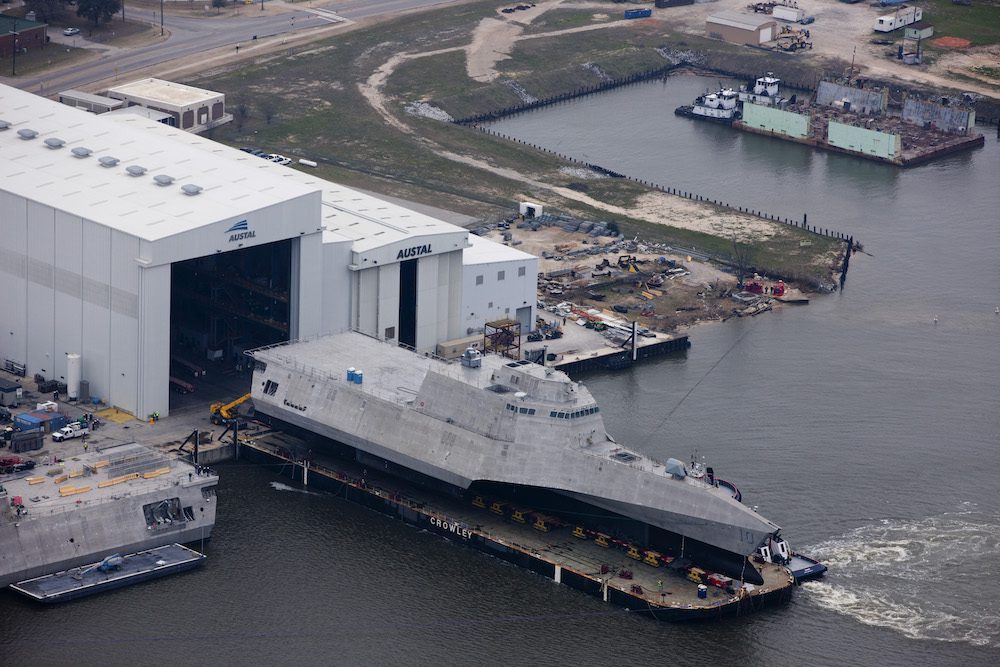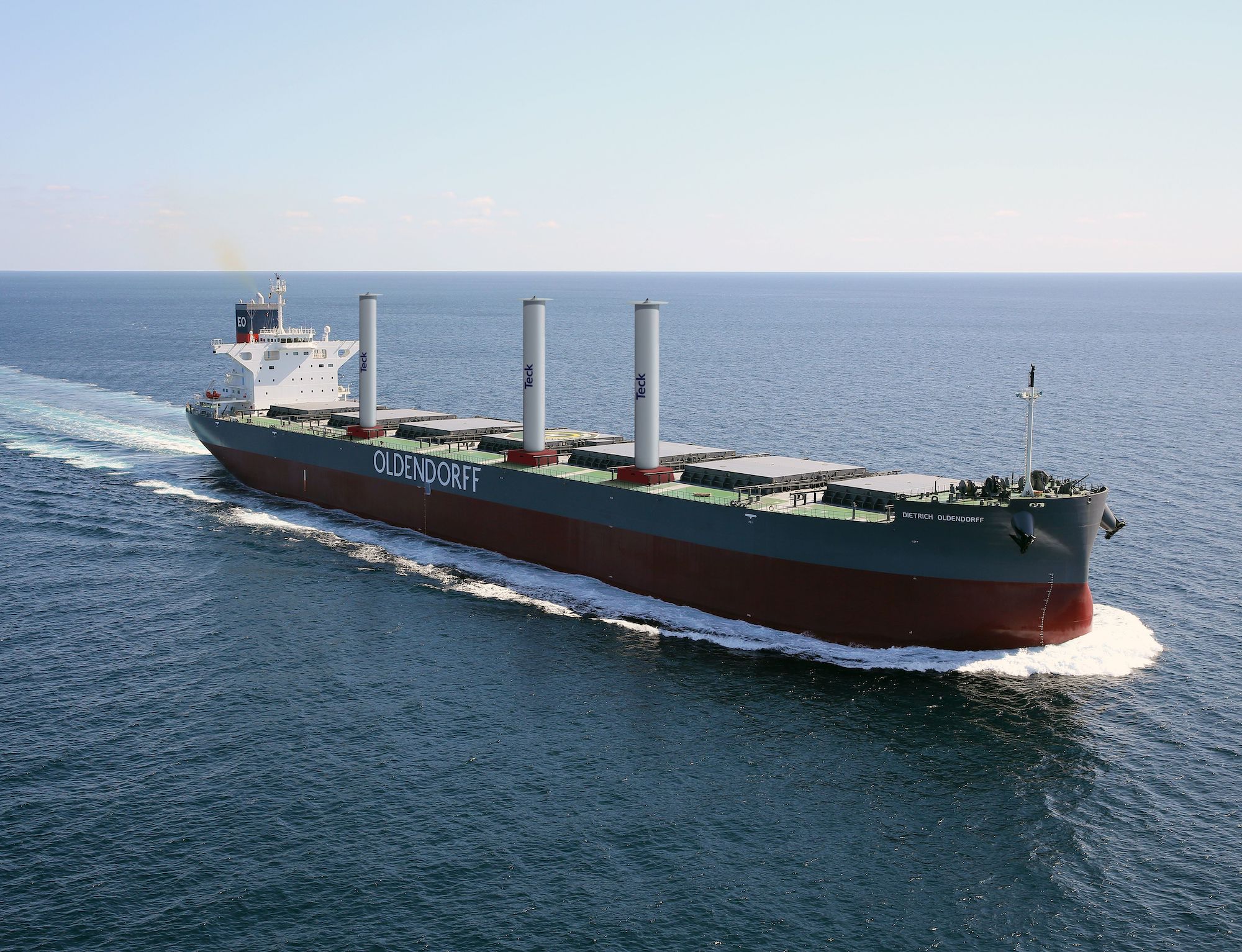Rules, who needs them?
by Captain John Denham
A frequent situation popping up, expectedly in many areas in Asia and popular fishing grounds is to find oneself approaching a multitude of small boats and maybe even a steamer or two. I routinely encountered a similar situation when entering from the Golden Gate on weekends into San Francisco Bay: a mass of white sails and some patches of blue water. Taiwan, Korea, Japan, France and England all have at least one such congested night mare.
As you know, the steering and sailing rules apply to you and only one other vessel at a time. It is perplexing because most of us are faced with a common problem; make the ETA. The courts have proclaimed: No vessel has the right of way through another vessel; therefore that eliminates an option. The person directing the navigation of the vessel is faced with many situations and only one solution for each problem. Therefore one must have a plan; a survival plan. The most important element in developing the plan is to determine who is the executor? My recommendation is, the Captain. To delegate, or assist, supervise or advise another is to further complicate a difficult situation. As captain I do not want to see how Jim or Harry will resolve a situation, I want it safely managed and with as little confusion as possible. Training juniors in such cases is best done by them watching and learning, and if perchance one errs, well, they may be a friendly witness.
Radar is useful in determining the path of least opposition and can also provide useful information as to the wind effect and sea conditions (watch the sea return). I would not attempt to maneuver with an opponent using radar information alone. An approaching vessel’s maneuvers may not be indicated on radar until well after his green light has turned to red. A proper ship handler will have knowledge of his vessel’s maneuvering characteristics and engine performance, i.e., at what speed does one lose steering capability? How long does it take to go from ahead RPM to astern RPM?
My plan is:
1. Captain will have the conn
2. The engine(s) are prepared to maneuver
(a) understand the operating procedures for obtaining emergency orders and how to stop propeller rotation.
3. A proper lookout is posted where he can best see, hear and report and has been instructed.
4. Communications (lookout reports, phones and radio) will be handled by another officer.
5. Illumination is available
6. BRM is informed and involved.
When towing, or in large ships one must consider the entire length (LOA) and be aware that any risk of collision (steady bearing and decreasing range) applies to the entire length of the vessel and or flotilla.
I have observed some experienced ship handlers reach for the ship’s whistle and irritatingly sound the danger signal as a warning (Lookout you dumb S.O.B.), whereas Rule 34(d) implies “failure to understand the intentions or actions of others, or is in doubt.” Nothing else. The courts have many times found: if one is in doubt, proceeding is not an option. However there is also support for: to do nothing displays unskillfulness. Therefore my practice was to sound a long blast on the whistle to attract the other’s attention and thereafter if needed, as advised by an old river pilot, “Sir, I suggest you back your engine smartly.”
Timely arrivals are “job keepers” and managers love old “On Time Joe” Also, pilots can not make up two hours in the bar channel, and, maritime lawyers love Rule 6, specially the congressional language in Senate Report 96- 979: ” it means that speed in any condition is intimately related to the immediate circumstances at hand.” And, “vessels are to proceed at a safe speed at all times.” The inference and language relates to visibility but the law as argued and accepted includes wakes. The courts have found that speed must be safe at all times under all conditions for everyone, which includes that 32 foot yawl, safely moored near Rincon Point that you passed 20 minutes ago 15knots.
Captain John Denham is a veteran of 66 years maritime experience in seamanship, ship handling, navigation, piloting, and education. he is also author of The Assistant and DD 891
and DD 891  .
.
Unlock Exclusive Insights Today!
Join the gCaptain Club for curated content, insider opinions, and vibrant community discussions.

 Join The Club
Join The Club












